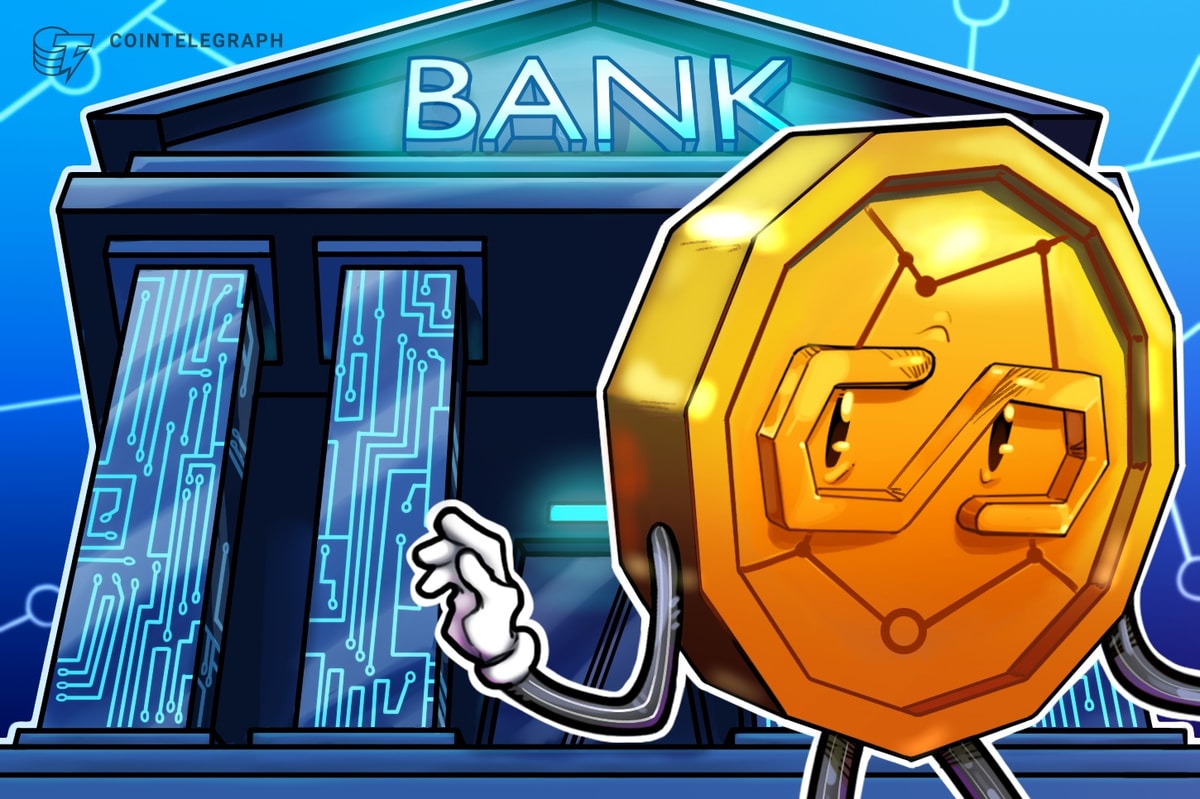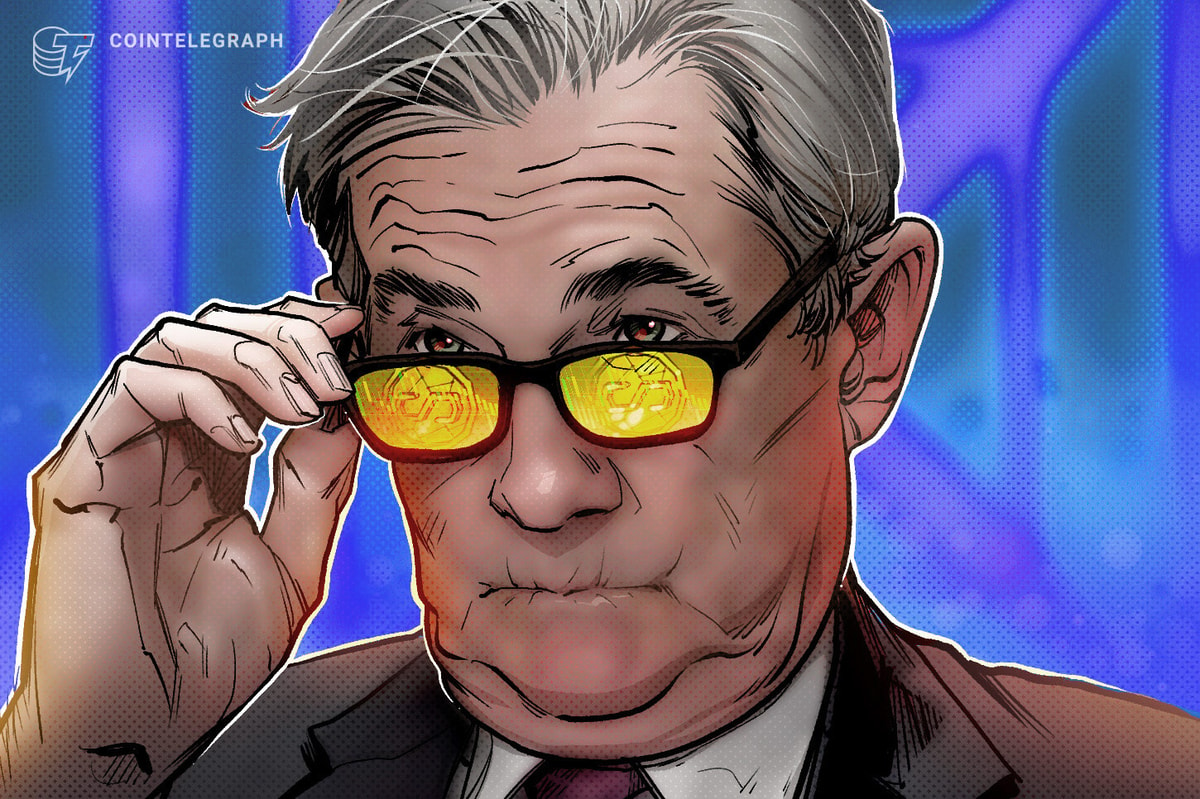To paraphrase a statement by Winston Churchill: “The Bitcoin situation in the United States is a riddle wrapped inside a mystery inside an enigma.” Keeping up with the legal status of the electronic currency around the world, let alone in one country, will make you feel like you’re living in a cuckoo clock. The argument itself is multi-faceted, whether it’s the recognition of Bitcoin as legal tender, if the whole currency is a scam, or what kind of world will we live in if the digital currency prevails and so on. Let’s break down the situation in the United States.
The United States Internal Revenue Service (IRS) has officially recognized Bitcoin as property, meaning users must report and record these “capital gains” and generate taxable income or losses. The alternative to this was simply recognizing Bitcoin as a foreign currency, which receives a “general income” tax treatment.
This new “property” title may sound like a migraine come tax season, as taxpayers receiving virtual currency for goods and services must include the fair market value (USD) as of the date virtual currency was received.
On the other hand, the US Treasury Financial Crimes Enforcement Network (FinCEN) recognizes Bitcoin and other digital currencies as legitimate money transmitters that can be monitored to prevent money laundering. Furthermore, New York and California had previously considered amending laws in favor of Bitcoin as a money transmitter and not “prohibit the issuance and use of alternative currency.”
Got all that?
Given the developing tax laws, what does that mean for Bitcoin in the United States, where the most users of the cryptocurrency reside? Needless to say the confusing regulations will do damage to Bitcoin’s growth. Bitcoin thrived on the lack of any centralized control, and although government regulations were inevitable, some digital currency enthusiasts are prepared for the long haul. BitGo CEO Will O’Brien, speaking with Forbes, is not deterred by the “property” tag on digital currency.
“Our tax accountants had recommended the “property” method as that was the most logical first step the IRS would take in providing guidance. Sure, it does come with its share of accounting headaches but it’s nothing more than is required of any other business.”
The situation remains murky, but no one expected the financial situation in any country to switch overnight to electronic currency. And whether you’re a skeptic or supporter of digital currencies, O’Brien’s opinion cannot be viewed as wide-eyed optimism. Bitcoin and other cryptocurrencies gained steam not because of slick and expensive marketing.
Rather, the idea of a decentralized bank spoke for itself and as more people became attracted to a decentralized currency, Bitcoin gathered steam from around the world. Are these new financial hurdles going to break the spirit of investors and believers of alternative currency? Maybe we can have a clearer answer next tax season.
Expert Commentary from Blake Anderson:
I feel like the feature that they [IRS] wanted was for people to be turned off from using Bitcoin as an actual direct currency. They want to make it so that people invest in it long-term like a stock vehicle. They want to try to push it towards the regulatory overhead for using it as a currency as too high so people are going to be tempted to keep it for over a year and get that 15% capital gains tax, instead of having to file a whole bunch of paperwork and collect tax identification numbers from [a person] with a mining contract.
The good news: now people know where the government is going to come down on this. The Winkelvoss Twins were kind of predicting this would happen in this way. And now what’s going to happen, this will really light a fire under the development of the Bitcoin Exchange in New York. Mt. Gox was so unstable that it would crash under a server exchange load of 7 trades/minute. And Gox was able to drive the price of Bitcoin 40,000% in 24 months. So once the New York Exchange opens, I hope you would reach out to everyone you know exposing them to Bitcoin.











